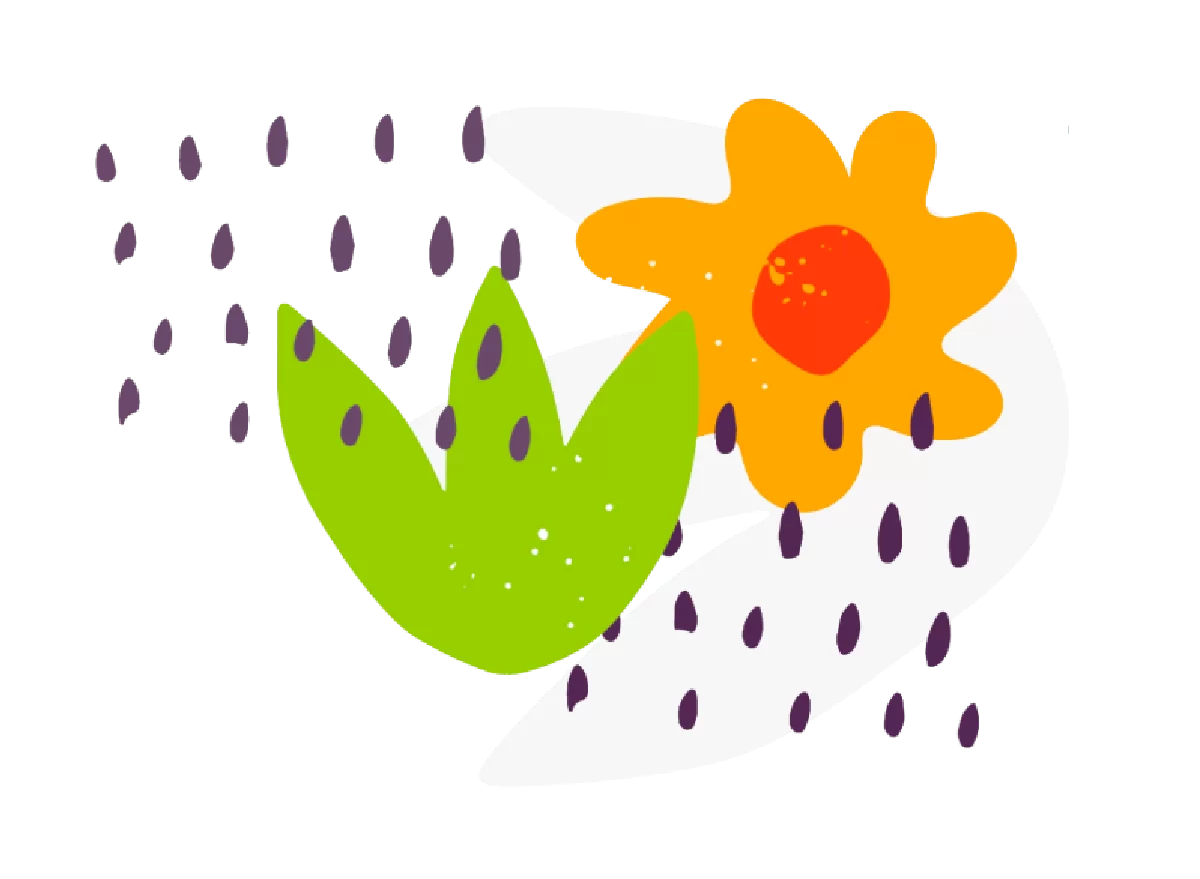Kate Cairns is an author, speaker and trainer with an international reputation for her work around attachment, trauma and resilience, particularly in relation to vulnerable children and young people. We chatted to Kate about her experience fostering and the importance of continuing to learn.
Kate, who worked as a social worker for over 50 years, also fostered several children during the course of her career.
“We provided permanence in our family for children who, back in those days, wouldn’t have been in foster care,” says Kate. “Foster care then wasn’t what it is now. And that was us saying for as long as you want it, think of yourself as part of our family – we’re here for you. We still feel that we’re here for all those people. Not all of them stay in touch but many of them do.”
Kate, together with her husband, Brian, and birth children, fostered 15 children and young adults over 25 years. It was this experience that piqued her interest in trauma and relationships that ‘hurt as well as heal’. She began to write about areas of interest and has now been teaching about attachment, trauma and resilience for 30 years.
Kate says she and her husband wanted to foster for the simple reason that they wanted to ‘be part of a bigger group than an average family’. “There were lots of children who [didn’t have] a family to live with, and for 15 years, we had 10 children at home.”
In light of this year’s Foster Care Fortnight theme, we ask Kate what community means to her.
“For the fostering world to recognise the importance of community is vital, especially at the moment, because [the pandemic] has been devastating for so many people. For me, a community is a network of networks, and a resilient community is one that sustains the relationships that people need to thrive.”
Kate argues that the more people that understand what’s needed, as well as the impact of experience on us, the more people will come together and benefit from that sharing.
Kate and Brian moved to be near their parents in Gloucestershire, where Brian’s parents also later moved. “Our children have that sense of a family and community of considerable depth.” The local authority where Brian and Kate lived provided a supervising social worker, who they are still in touch with now.
Although professional boundaries are important, Kate stresses the importance of keeping the human aspects of relationships there.
“For some of our children, there were enormous difficulties in their local authority in terms of support – and we experienced that sense of isolation. Having seen both sides of that, I absolutely know from my own experience how important it is to have everything in place that says ‘okay, I know where I can go for support, I know where I can go for a chat, I know I can go for a cup of tea, and I know who’s there for me.
“I think a fostering community is vital.”
To ensure their children were part of a community too, Kate and Brian always encouraged them to take up hobbies and interests. Because there were lots of them, the children encouraged each other, too.
Kate acknowledges that because foster children have often experienced trauma, they often find it more difficult to trust people and to be care-free and therefore need extra support to be able to do that.
“[When we experience trauma] our brain and nervous system is triggered, and when we feel more fearful or anxious, we don’t always behave in the way that people expect us to. It was as simple as that.”
Kate says she and Brian worked hard to make good relationships with all of the children’s schools to ensure they were aware that if a child was stopped outside the classroom or wouldn’t go in, there would usually be a reason for that.
While there is lots of training available to foster carers that wasn’t available to Kate when she was fostering, she argues that the issue isn’t necessarily a lack of resources – but rather “making sure that people understand that they need it.”
“Nobody would take on children who had been physically injured without clueing themselves up on what needs to happen, ‘how do they need me to be in order to recover from these injuries?’ so that’s what we need to ask ourselves: ‘How do the children need me to be if they are going to recover from what’s happened to them in their childhood?’”
With an estimated 41 percent of foster placements breaking down, Kate provides an insight from the child’s perspective.
“We have an expectation of how it will be and when children have been consistently hurt, they have adapted to not having their needs met and therefore become less able to get their needs met. They can’t trust us, but why should they? I had to grasp that from the point of view of the children coming to us, we were alien.
“When a child says to you ‘you don’t love me because if you love me, you’d hit me’, that’s because that’s what was connected in their mind. We go into relationships with our whole internal world and expect that a relationship will have a certain quality, and if it doesn’t, it’s disorientating.”
Children who have had a lot of stress in their lives have a low stress threshold and therefore often need adults to take the stress on themselves.
Kate says that having that community of relationship in which everybody is sustained by others is what enables the foster carer to build resilience. To anyone considering fostering, her best piece of advice is to treat everything as learning.
“I remember saying to one of my children, ‘living with you is like trying to dance with someone when only they can hear the music and they keep changing the tune’. So I said, ‘I will tread on your toes but tell me or tell me when I do because I want to learn what works for you.”
Working with foster carers delivering training, Kate says there is a lot of focus on building a community and who is there for you because ‘we can’t give what we’re not getting’.
“Keep connecting,” says Kate. “Children, in my view don’t need us to be their best friends –they’ve got best friends. But they do need us to be safe and to always loving.
“When when times were crap, I would say to them ‘I’m choosing to do this because I want to. I care about you’.
“These relationships are very odd because they’re not zero-sum relationships. It’s not that we give other and people take and we go on giving and other people go on taking – we grow through this. It’s not just good for your children, it’s good for you.”
You can find out more about Kate here.







